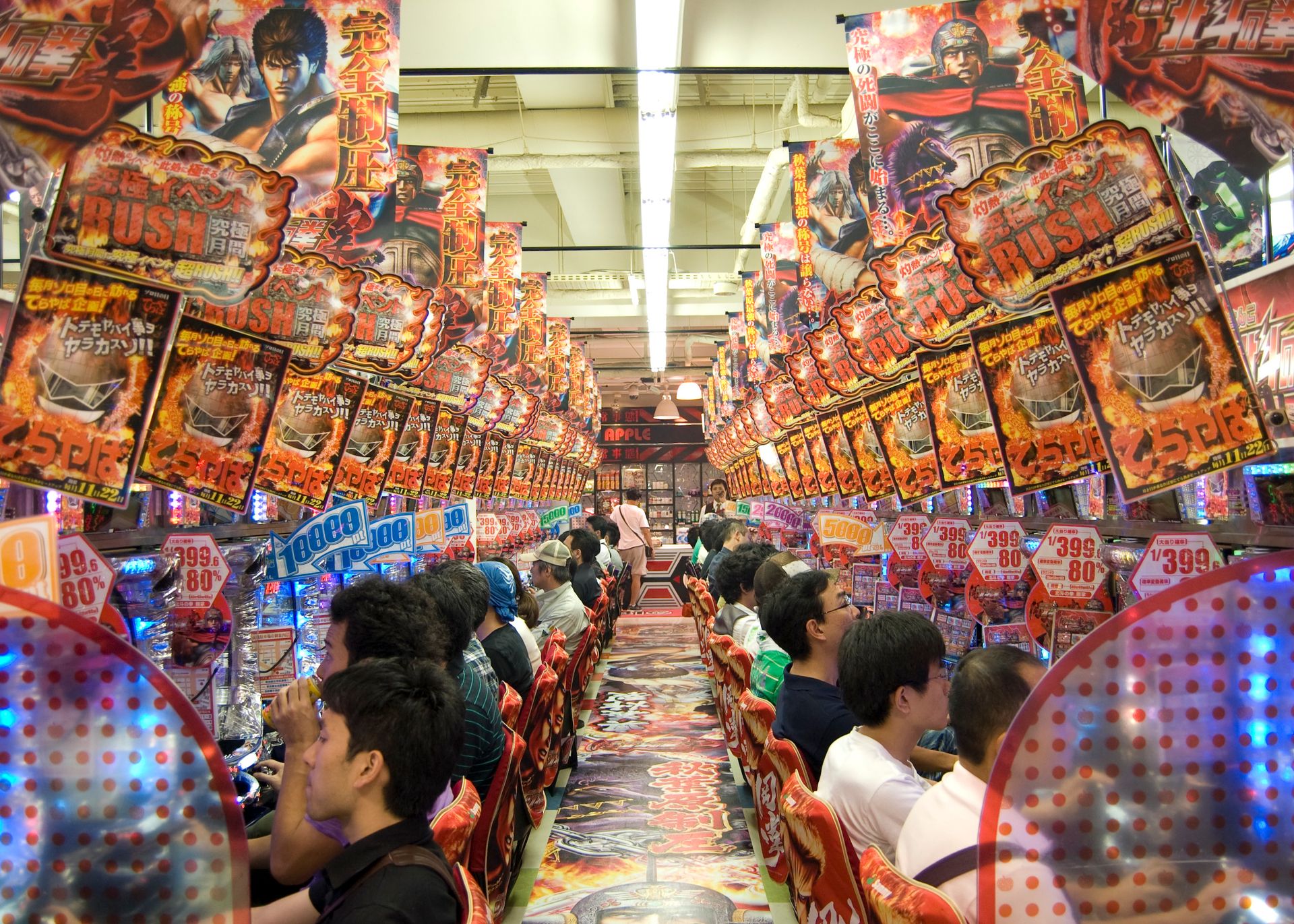Japan's Criminal Code Chapter 23 makes gambling or running a gambling organization illegal since 1907. Yet, Pachinko machines – once made for children – created a multi-billion dollar market with revenues more than Las Vegas and Macau combined.
Although Japan's laws prohibit gambling, Pachinko slowly became an epicenter for controversial loopholes against anti-gambling laws. It goes like this: players would exchange money for metal balls to play. Shot by a spring-loaded mechanism, metal balls would go through a system of pins, corners, and other obstacles with the goal to reach a certain destination or point. Certain special prizes will be set out for winners and players hope to win more Pachinko balls by playing.
How is this a loophole? Although the legal consensus in Japan's anti-gambling law restricts the direct monetary payout to a player, it is ambiguous if the law considers indirect payment. Parlors create this loophole by awarding players with tokens in which those tokens can be resold at a third-party marketplace.
Pachinko – even with its bright lights and animations – was rooted in Japanese organized crime and gambling. In the late 20th century, criminal organizations such as the Yakuza founded Pachinko parlors as a source of money laundering and racketeering.
This unusual way of gambling is not the only way to take risks with money. Although Japan's anti-gambling law strictly prohibits private gambling, there are exemptions to the rule. Government-sponsored horse racing competitions, certain lotteries, and specific race bets are legal in Japan due to legislative exemptions. However, it is to note that Pachinko's loophole is a clever one.


